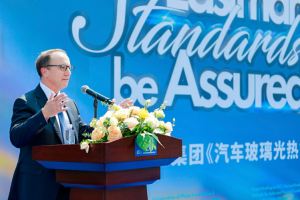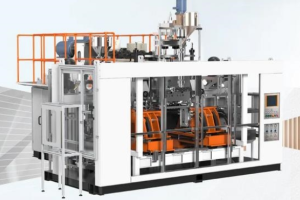December 18, 2024 – Unraveling the Science Behind TPR Sole Baking: Benefits and Challenges
The production of TPR soles involves a crucial step of high-temperature baking, a process that is far from arbitrary. This procedure not only accelerates glue drying and sole shaping but also facilitates the evaporation of solvents in adhesives and curing agents, forming a strong bond that significantly boosts production efficiency. More importantly, it ensures product quality by subjecting each sole to consistent temperatures and processes, guaranteeing uniformity and stability across the product line.

However, the practice is not without its challenges. TPR soles can sometimes undergo deformation during the baking process, a phenomenon attributed to various factors. According to industry insights, the culprit often lies in the material’s properties and processing techniques. High material fluidity, resulting from low SBS molecular weight or excessive naphthenic oil content, can lead to sole distortion under heat. Additionally, a lack of necessary additives or the use of heat-intolerant ones can compromise the sole’s thermal stability, further increasing the risk of deformation. Improper processing, such as uneven material mixing or inaccurate injection molding temperatures and pressures, also contributes to this issue.
To tackle these challenges, several solutions have been proposed. Firstly, opting for SBS grades with better heat resistance and reducing naphthenic oil content can help mitigate deformation. Secondly, incorporating cross-linking agents, heat stabilizers, and high-temperature plasticizers into the formula enhances both the sole’s tensile and bonding strengths while preventing thermal oxidative degradation and deformation. Lastly, refining the processing techniques is crucial. Ensuring uniform material mixing, controlling injection molding conditions, and considering the use of microcellular foam technology can reduce sole weight, improve heat resistance, and enhance anti-deformation capabilities. By integrating these measures, the industry is confident that the deformation issue in TPR sole baking can be effectively addressed.














